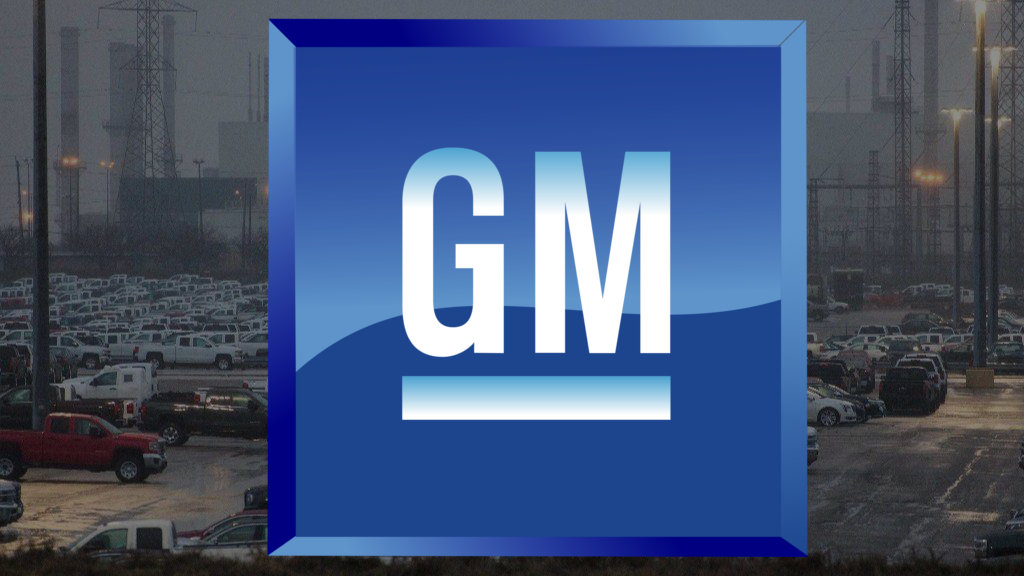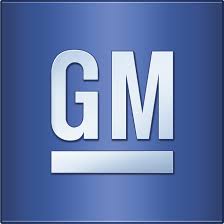The decision by General Motors to cease production at five of its factories in the United States and Canada will have consequences for trucking companies that serve those plants, industry experts said.
“This is a drastic cut in manufacturing in Michigan,” said Walt Heinritzi, executive director of the Michigan Trucking Association in Lansing. “It’s not positive for carriers bringing raw materials into these plants or for auto haulers.”
And while the overall economy is strong, Heinritzi said more plant closings could be in the offing as Ford Motor Co. is expected to make similar adjustments in its production capacity in response to changing consumer preferences and changes in costs due to new and higher tariffs.
GM Plant & Factory Closings
GM announced in November that it would stop activities at assembly plants in Ohio, Michigan and Ontario in Canada, plus at factories in Baltimore and Warren, Mich., that make transmissions for cars and light trucks, resulting in layoffs of as many as 14,700 factory and white-collar workers and disrupting business for scores of transportation suppliers.
Evan Armstrong, President of Logistics, Armstrong and Associates Inc
Enjoying our insights?
Subscribe to our newsletter to keep up with the latest industry trends and developments.
Stay Informed“The ripple effect will be huge,” said Evan Armstrong, president of logistics research firm Armstrong and Associates Inc. in West Allis, Wis. “Third-party logistics firms and trucking companies managing inbound milk runs, parts sequencing operations and material transport are going to be hurt along with car haulers.”
Milk run is a term used to describe the delivery of replenishment parts to manufacturing assembly lines.
Focus in Autonomous & EV Models
GM said the plant closings will save roughly $6 billion a year by the end of 2020 and will free up resources so the company can invest in new autonomous models and electric propulsion technology.
“We recognize the need to stay in front of changing market conditions and customer preferences to position our company for long-term success,” said Mary Barra, GM’s chairwoman and chief executive.
Response from President
The announcement drew an angry response from President Donald Trump, who said he may try to eliminate electric car subsidies for GM if the company goes through with plans to close its plants in Ohio and Michigan in 2019. Trump said he expects GM to replace the production lost with something new or by bringing production back to the United States from China and Mexico.
Shift from Cars to SUVs & Light Trucks
Bob Costello, chief economist for American Trucking Associations, said while he has not heard directly from carriers that may be affected by the GM plant closings, it’s “too early to tell” what the final impact may be.
“Overall, light vehicle sales, including SUVs, light trucks and cars, are expected to ease slightly over the next few years, but remain at levels above the average since 2000,” he said. “However, there continues to be a shift in the U.S. away from cars to SUVs and light trucks.”
A report by the Center for Automotive Research in February documented the change in vehicle preferences with sport-utility, crossover-utility and light trucks accounting for nearly two-thirds of all vehicles sold in the United States in 2017.
“Sales of these high-priced and high-margin vehicles are producing record profits that companies are pouring into new products, processes and technologies,” the report stated.
Vehicle Hauler Woes
Vehicle haulers are already dealing with some of these changes as larger vehicles take up more space on trailers, resulting in higher costs for deliveries, and rail carriers struggle to supply rail equipment that can accommodate greater volumes of trucks and SUVs.
“We see a backlog in the rail network,” said Sarah Riggs Amico, executive chairman of Jack Cooper Holdings in Kennesaw, Ga. “We’re seeing volume move to trucks from rail on some lanes.”
New electric-powered vehicles also pose a challenge because weight from the batteries could limit the number of vehicles that can be carried on trailers over the road, Amico said.
Signal of the Future
Dennis Monts, executive vice president of commercial operations at Advent Intermodal Solutions in Murray Hill, N.J., and a former GM executive, said the plant closings “are a signal of what we can expect in the future” in terms of automotive production and manufacturing in general.
“The trend we see is toward streamlined design and simpler manufacturing architecture across multiple product lines,” Monts said. “What this means for trucking and logistics providers is the need to service customers operating fewer plants at much higher capacity utilization and with heavier reliance on integrated suppliers.”
As a consequence, Monts said that he expects logistics providers and trucking companies to play a larger role in helping manufacturers achieve their production and efficiency goals.


























